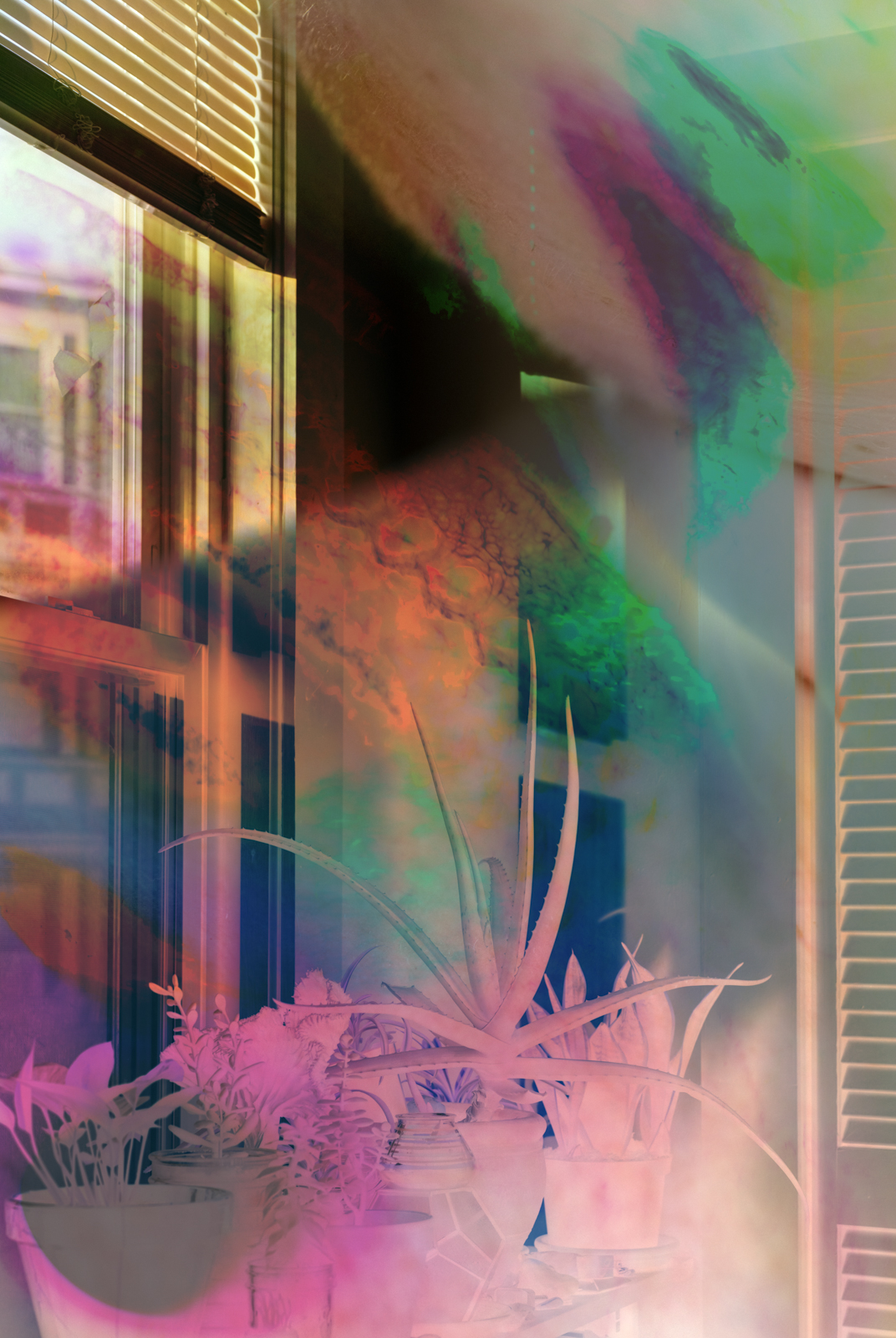
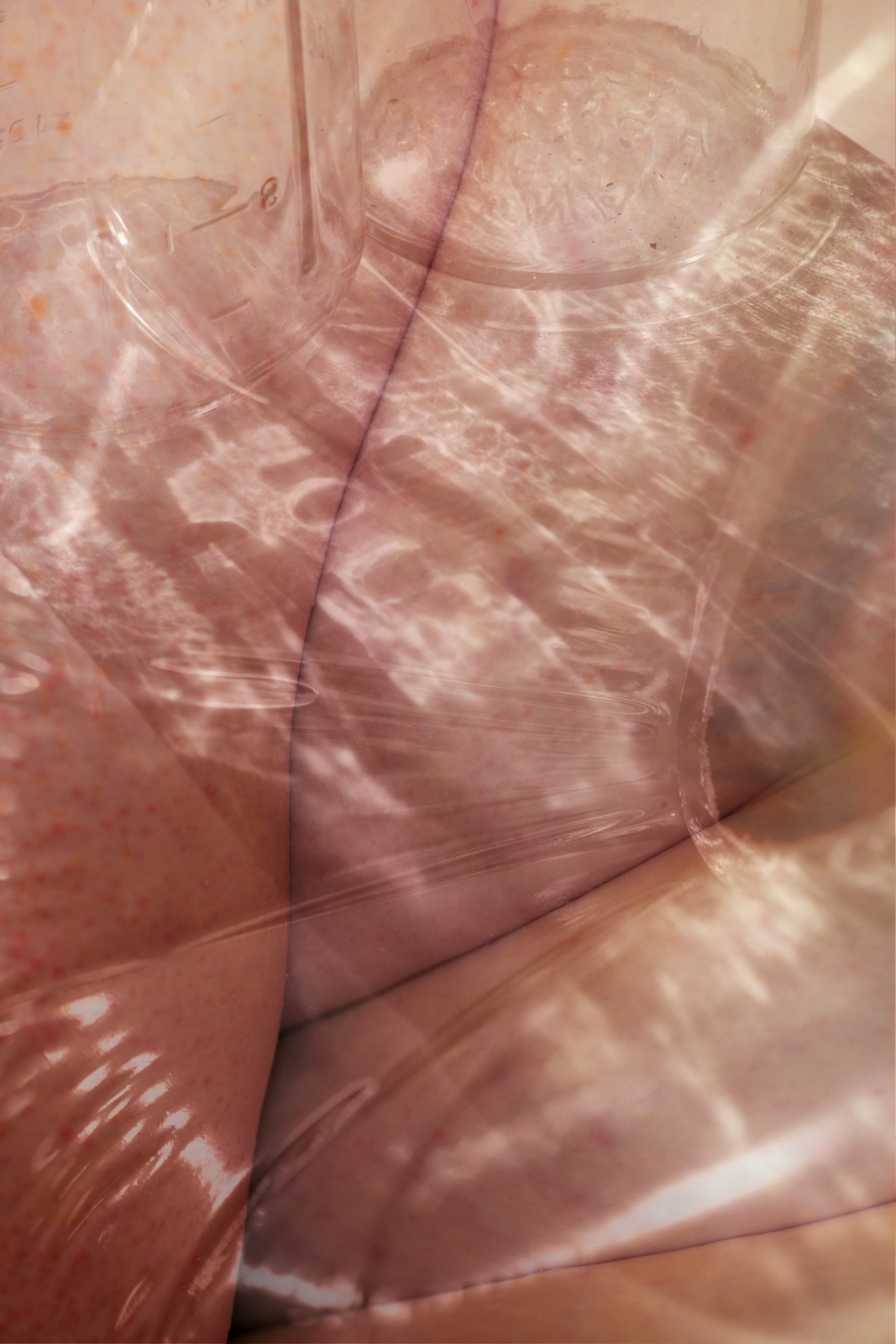
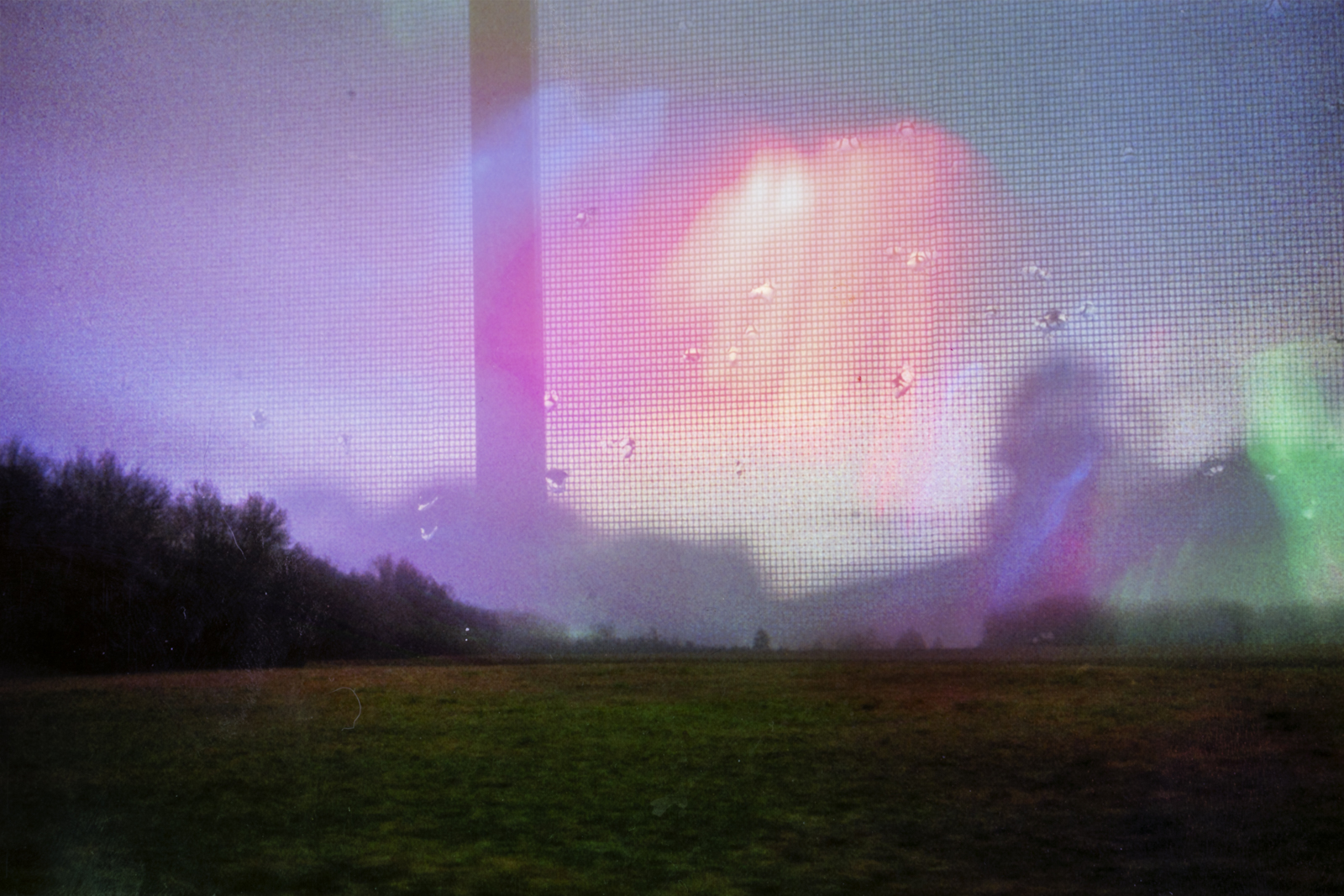
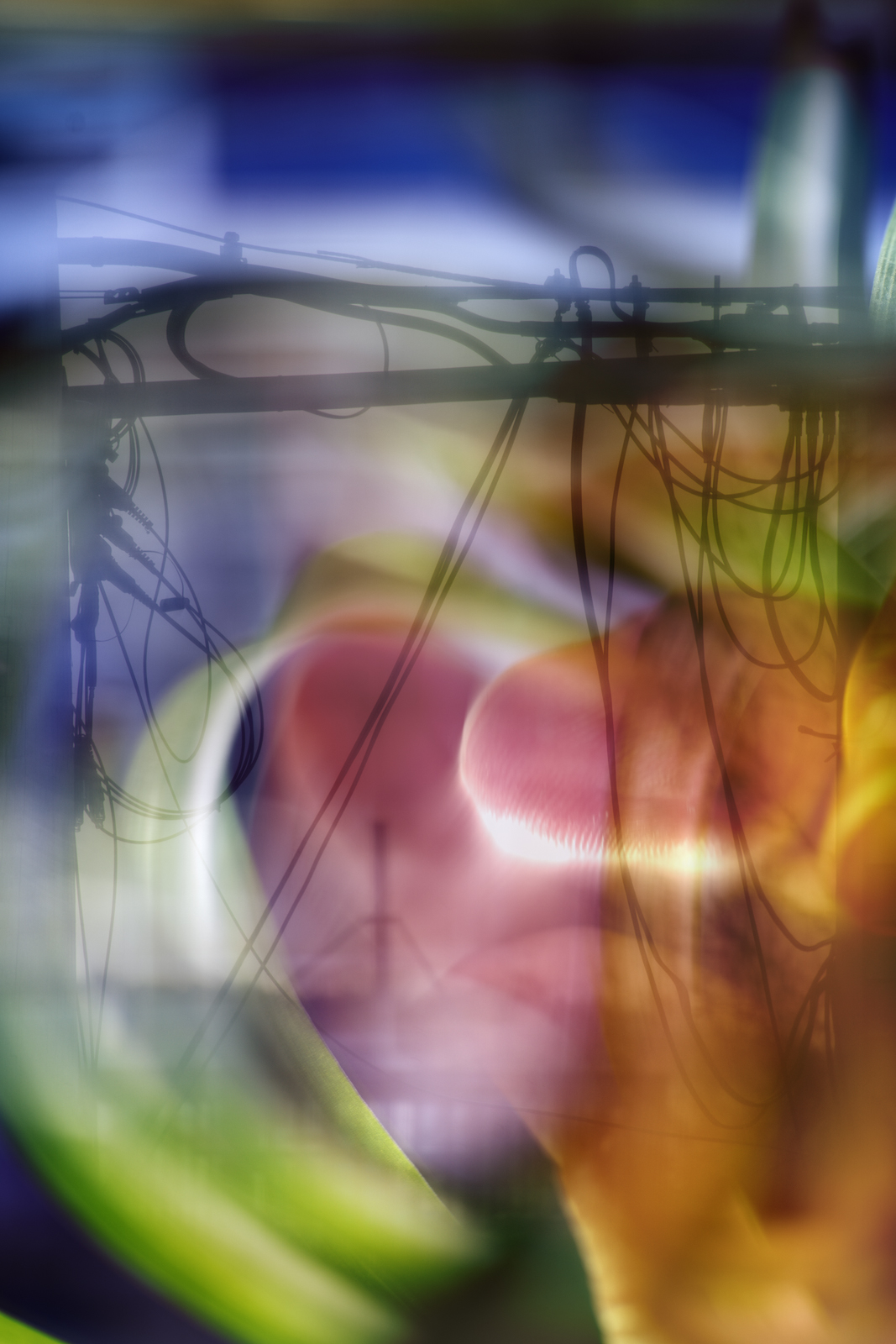
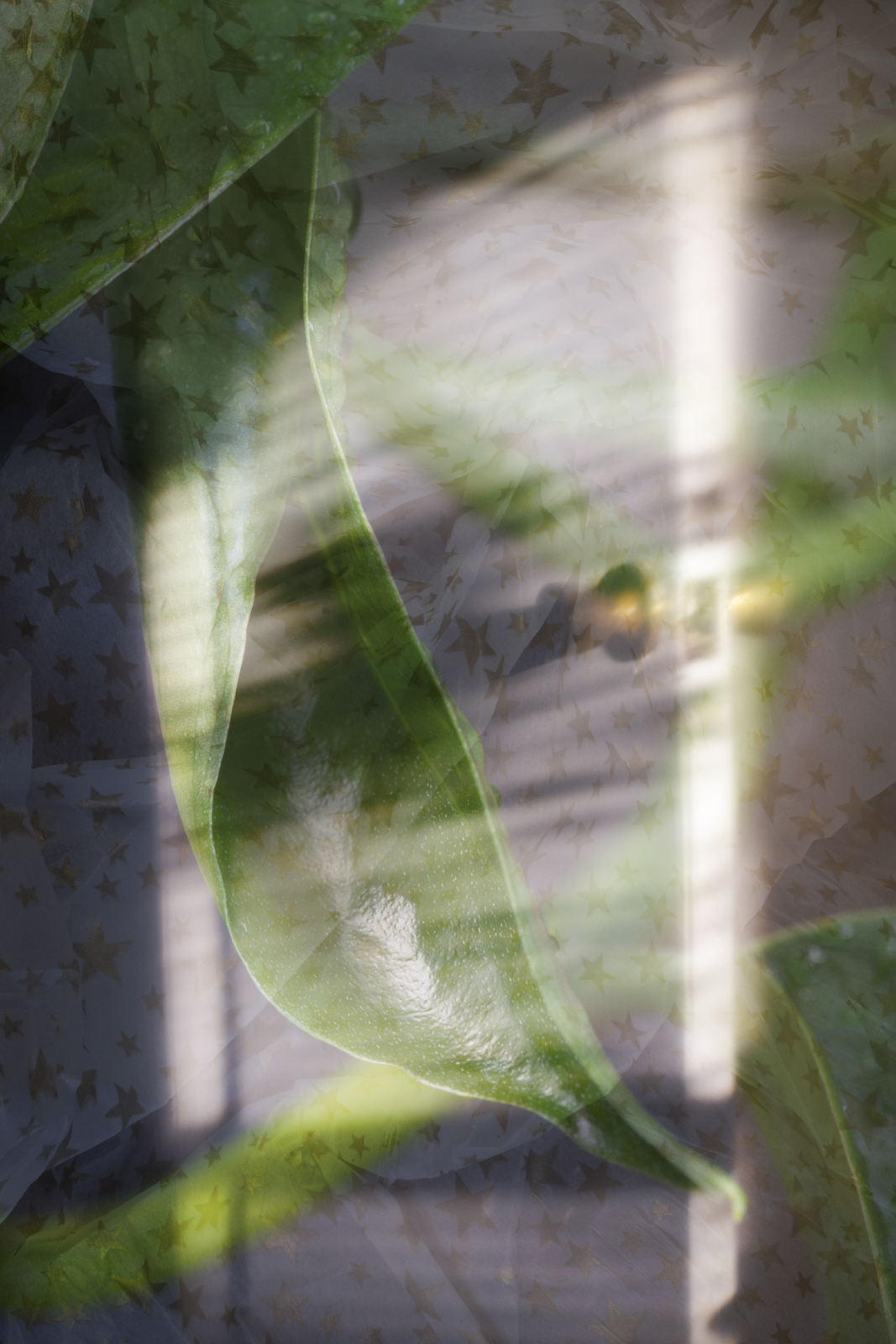
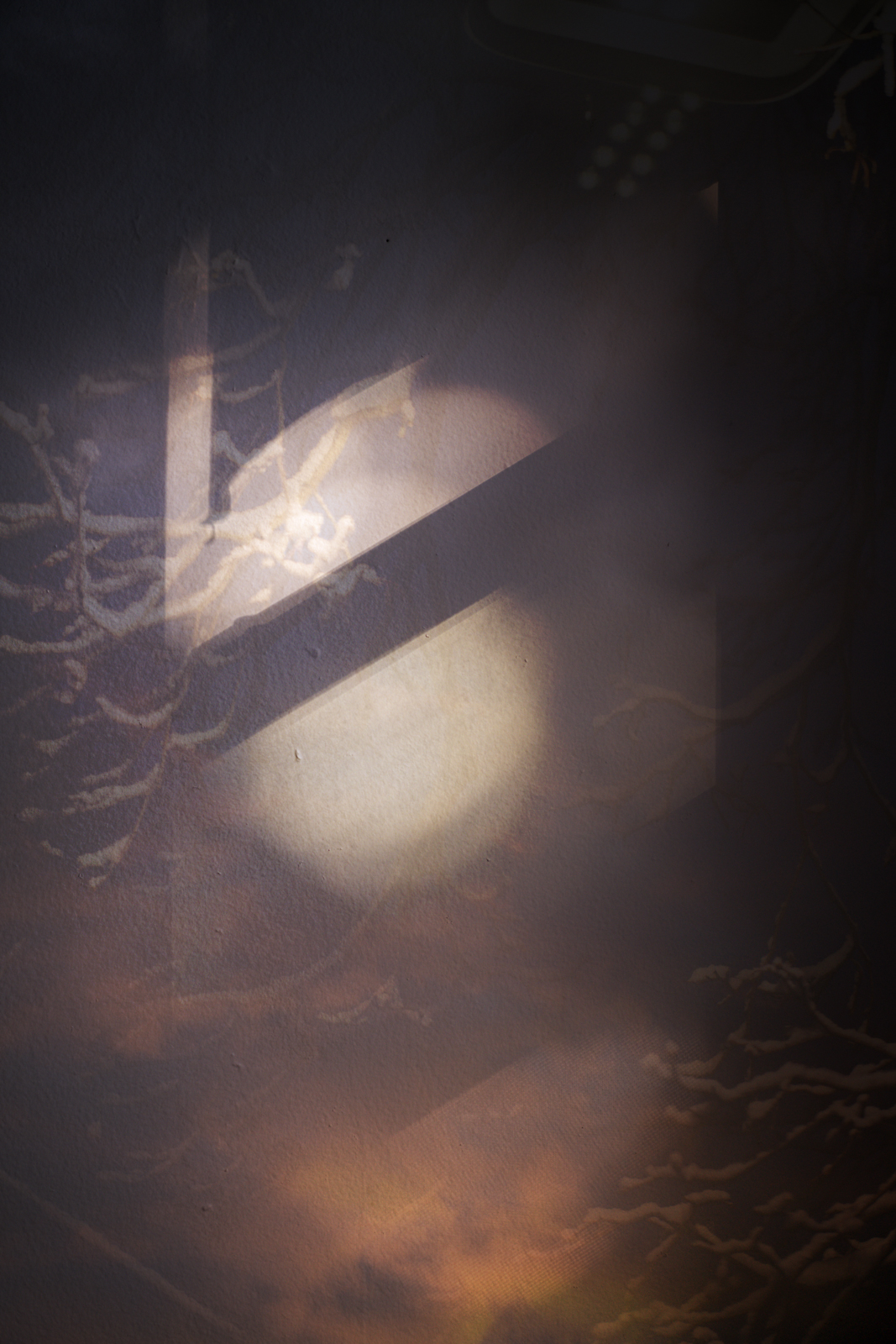
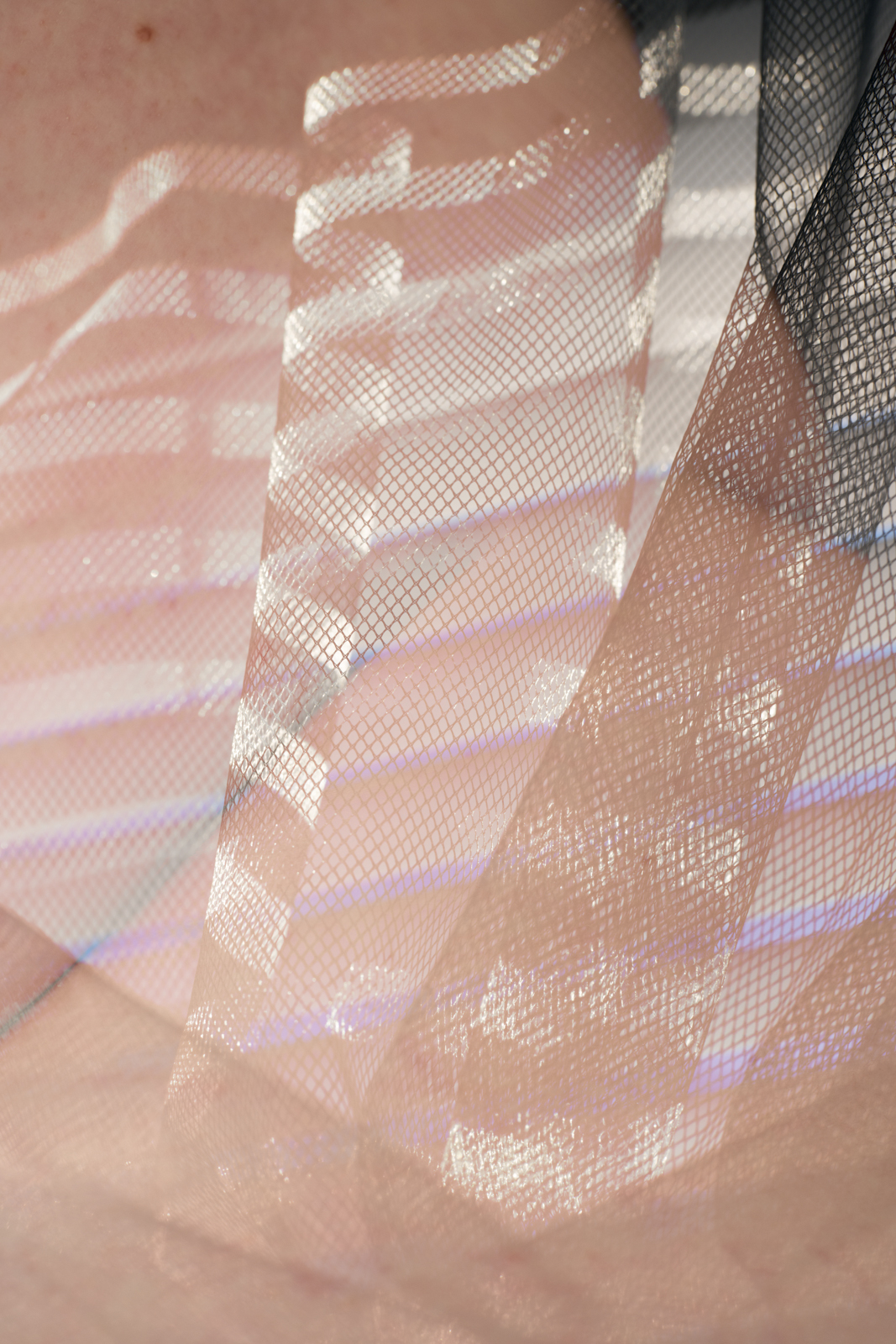
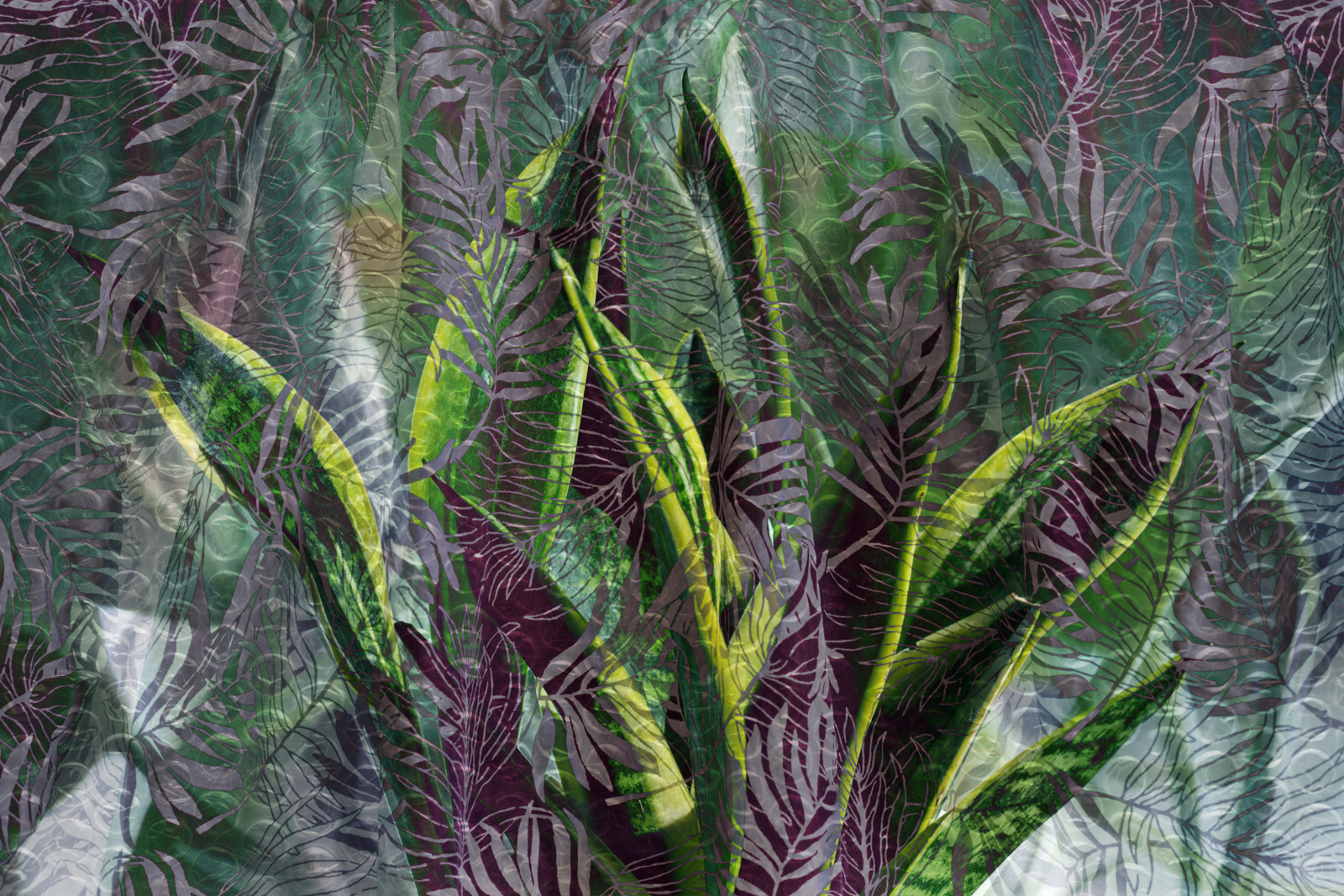
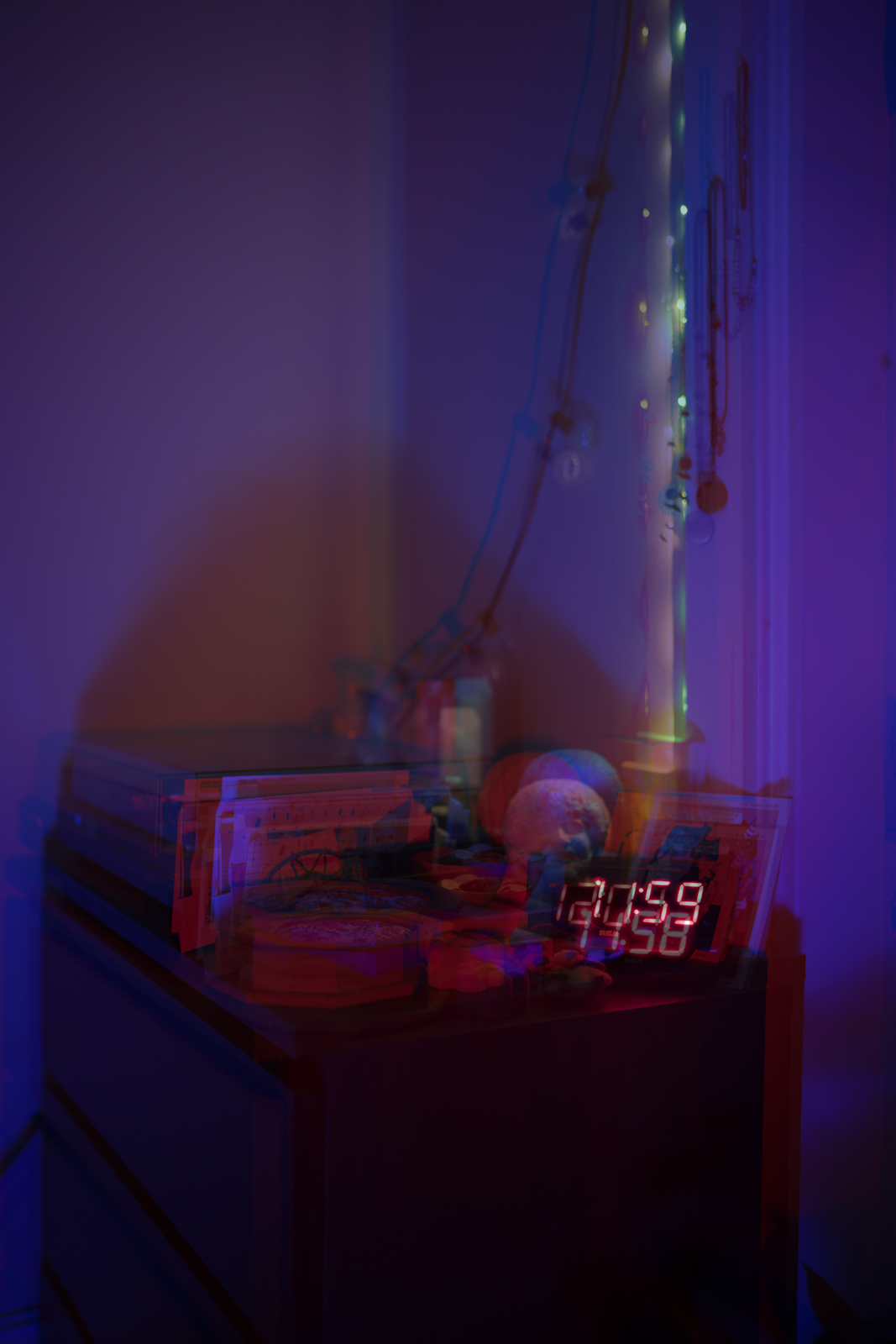
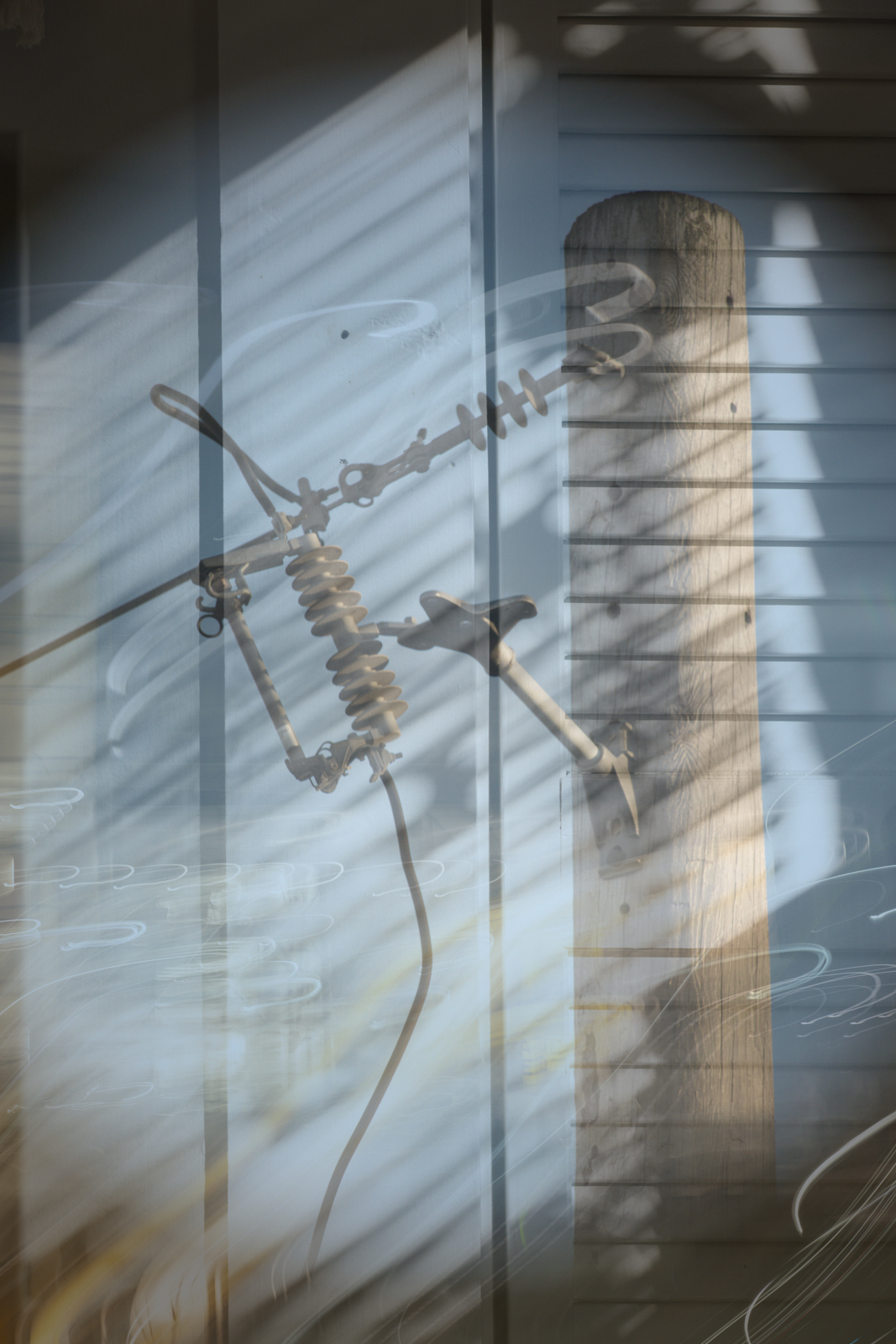
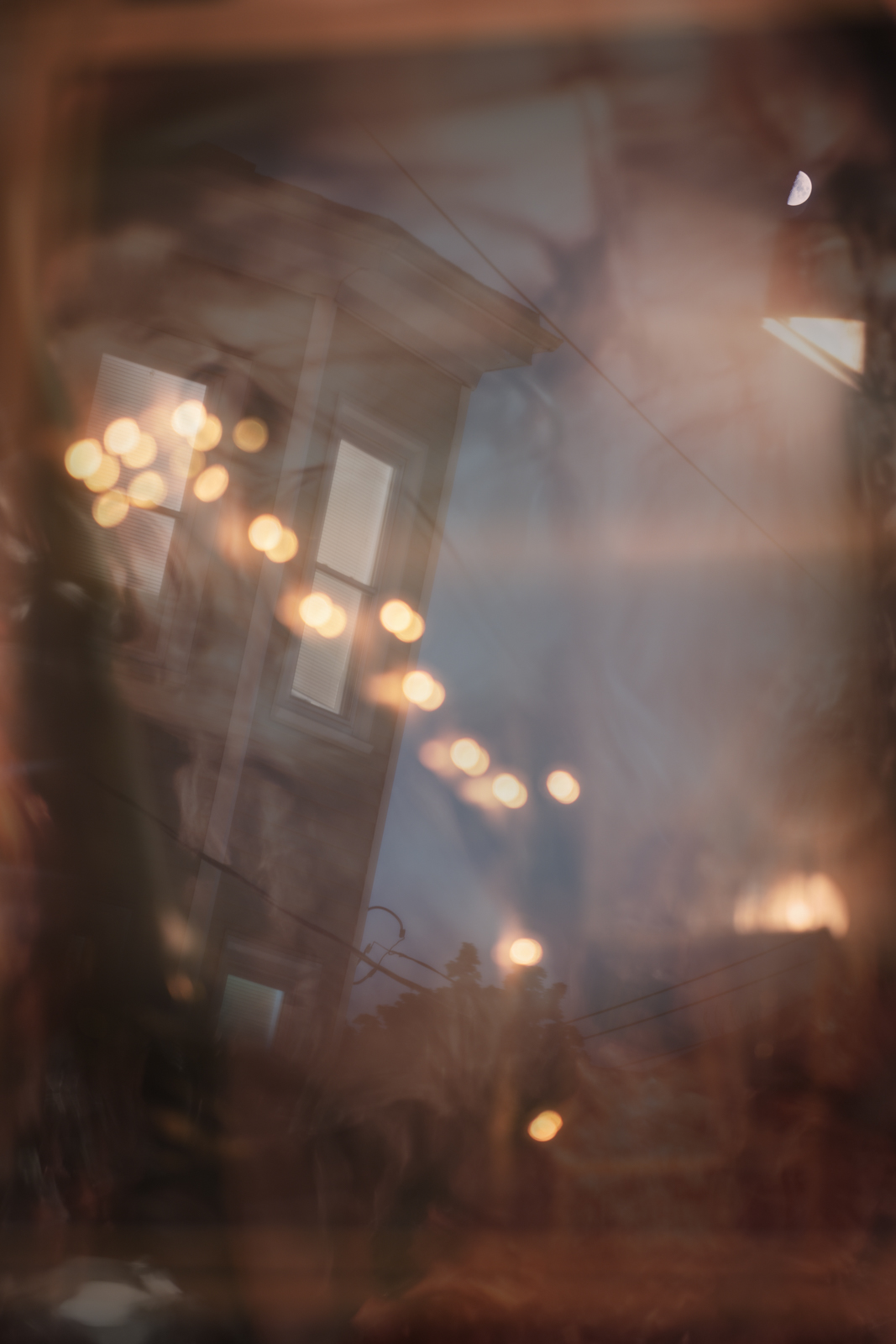
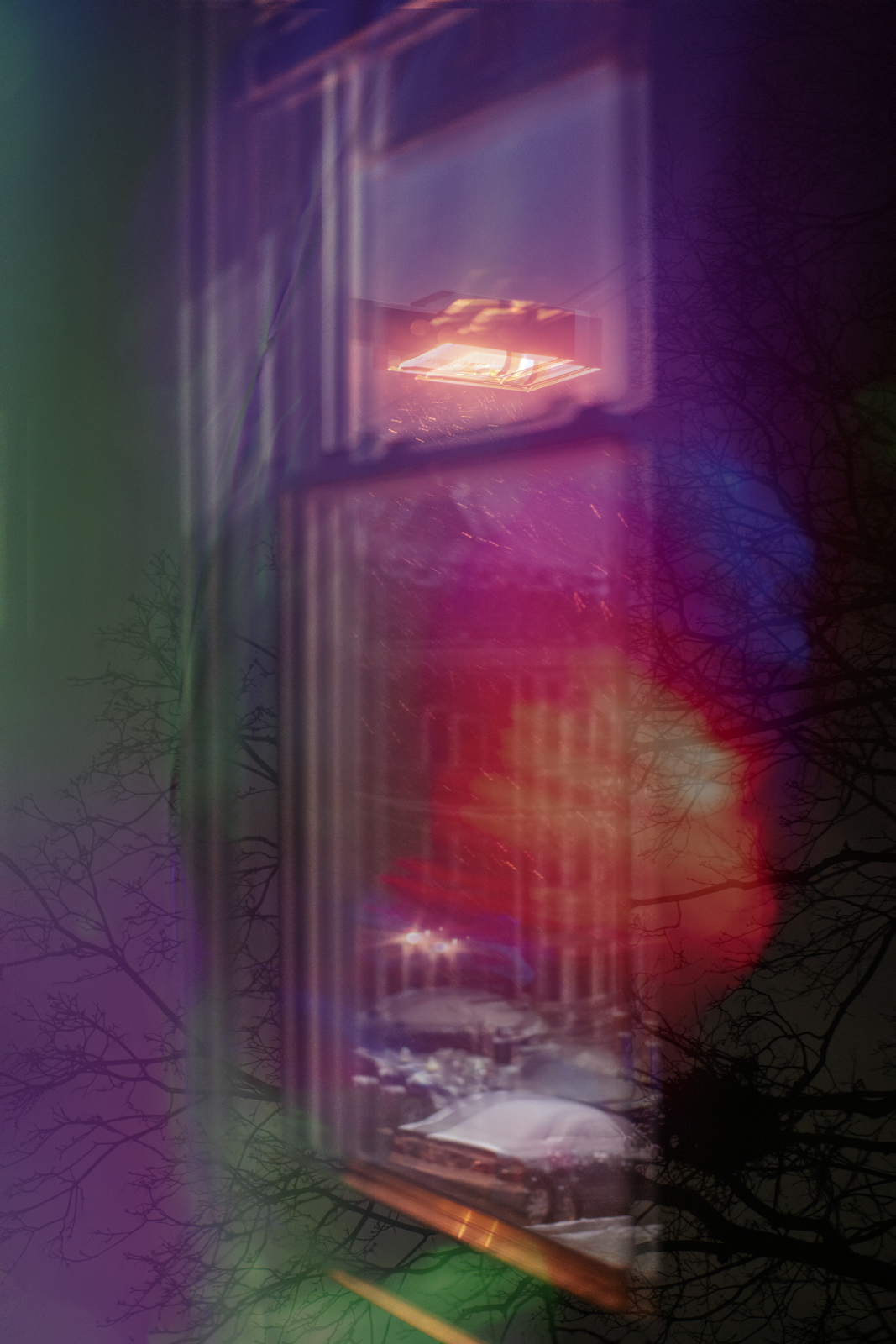
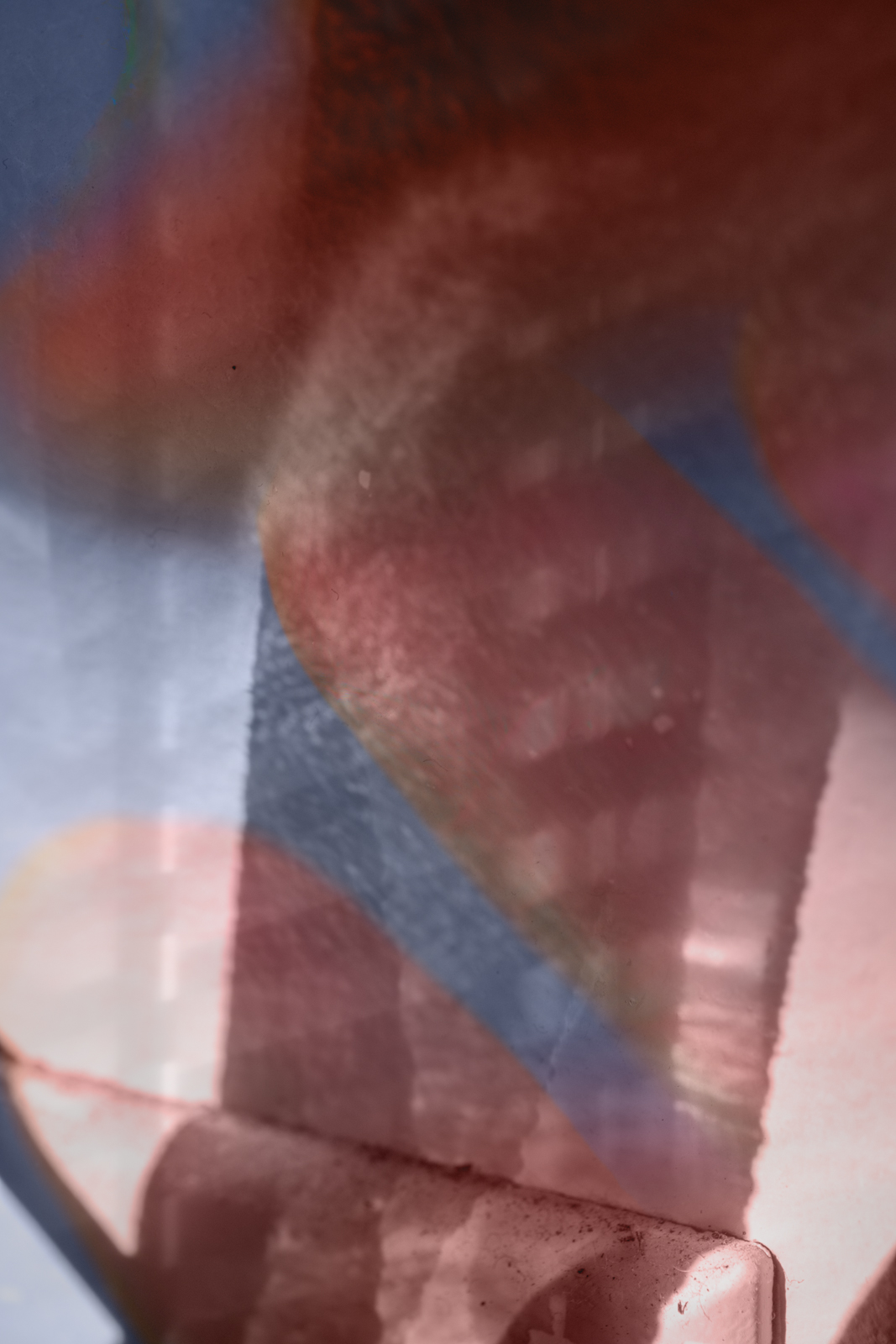
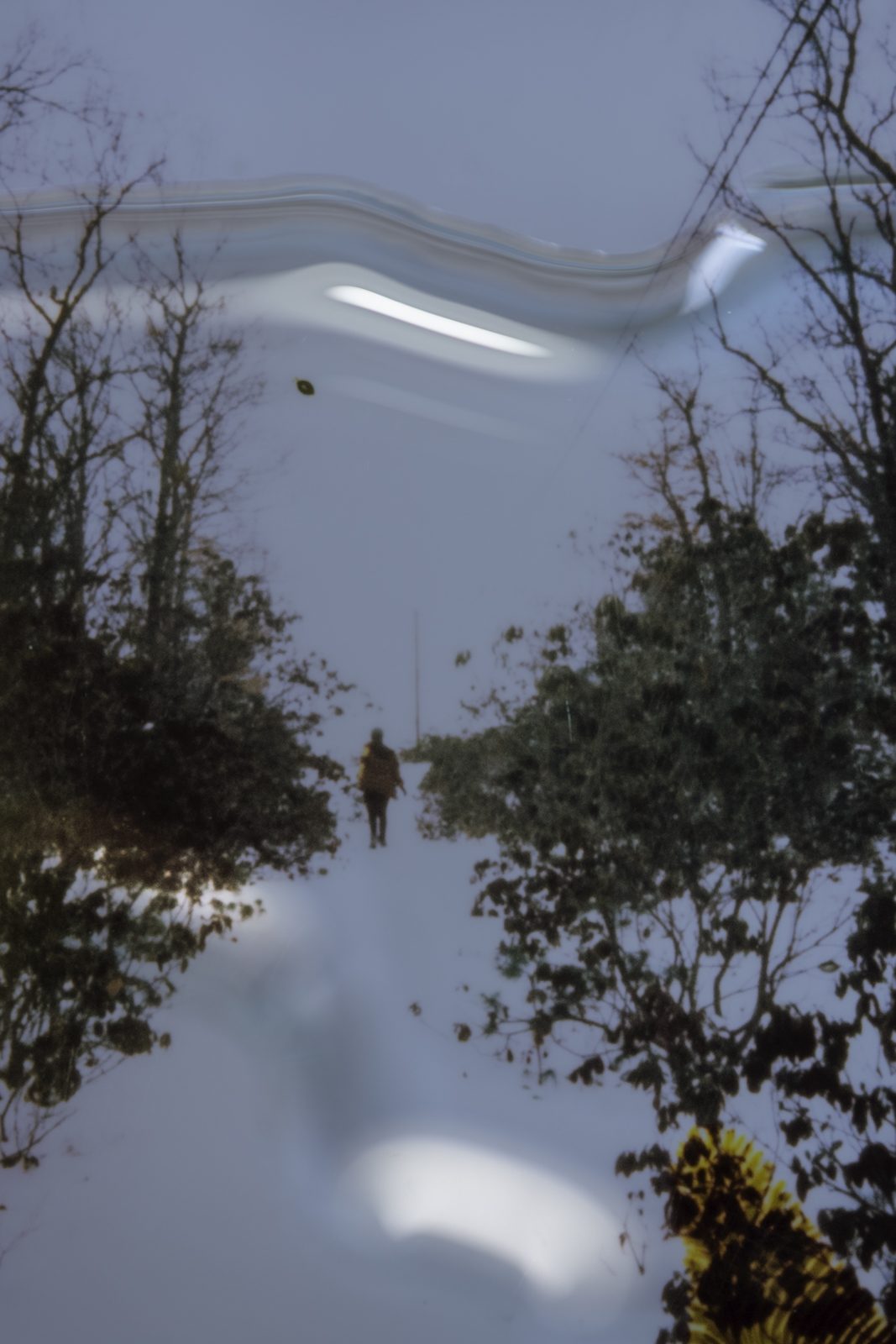
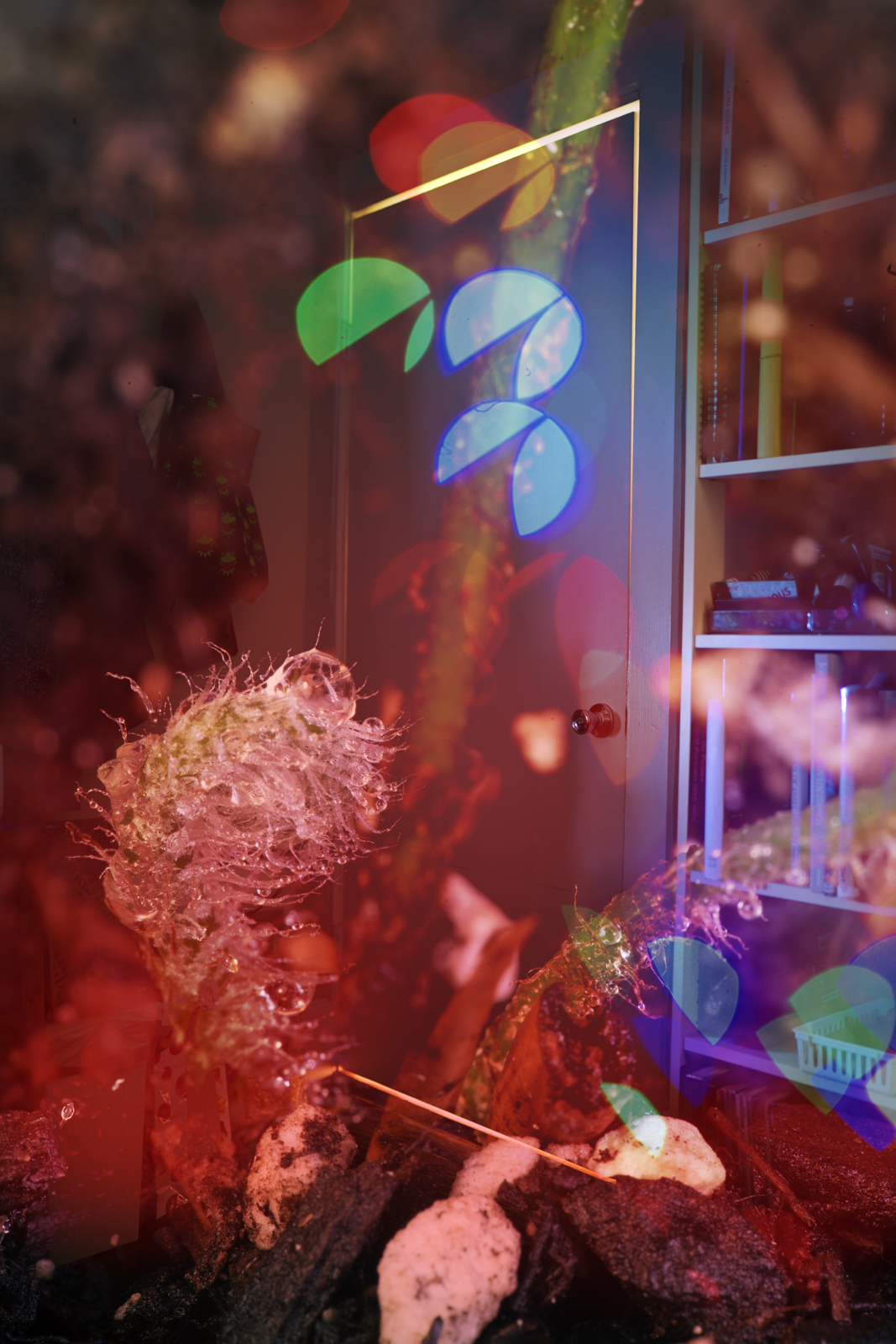















biography
Born in Western Massachusetts, Emma Odell (she/they, b.1999) is a Boston based photographer. Currently, she’s working with image abstraction and digital collage. By layering together images of herself and her surroundings, she makes the everyday into something otherworldly, chaotic, and contradictory. She aims to create an atmospheric, metaphysical presence in her pieces in order to peel back different layers of the world around us.
interview
Emma Odell in conversation with Amber Silloway
AS: How did you become interested in Photography? Was it something you were always interested in? Where did you start out?
EO: I’ve been interested in photography for as long as I can remember! I always used to steal my mom’s camera as a kid, and when I got a point and shoot for Christmas in middle school I was super excited! I made some photos for myself, just looking and documenting little moments around me, as well as taking event photos for my high school.
AS: Who are some of your biggest inspirations and influences?
EO: Some of my favorites are Rinko Kawauchi, Abelardo Morell, Robin Myers, Uta Barth, Nan Goldin, Jess Dugan, and Jenn Davis. But in general I tend to like a wide variety of work - I think any genre of photography can include really thought provoking work.
AS: What makes you passionate about photography?
EO: I really enjoy unpacking the influence that photography has in our daily life! We look at so many images outside of the context of art - within journalism, advertising, fashion, and vernacular family photos. I feel like there’s a lot of opportunity for photography to change the way we see the world and ourselves, and being able to decide how you want to depict your world is something I really appreciate about photography.
AS: How would you describe your photographic style? Do you have a style? Do you think it’s important to have one?
EO: Currently, I’m mainly working within the realm of abstraction and collage. I think style tends to be something that uncovers itself as you work, and less of a specific choice you make before the process. AS: What does your creative process look like?
EO: Typically I work intuitively, based on what catches my eye within my world, or what emotions I’m currently figuring out. I tend to prefer making work first, and then when I look back at the pictures I’ve taken a couple months later, I’m able to articulate the ideas I was trying to express in them.
AS: What is your project about?
EO: This work focuses on the ideas of disillusionment and individual perception. I want to depict the chaotic, contradictory nature of the world, and how it has begun to reveal itself to me as I’ve grown up. Trump’s presidency, and then the pandemic, have left me (and so many people) disillusioned with the idea of a world that functions by the book. The idealized version of the adult world I had as a kid has completely changed over the past four years. Through visually abstracting and altering the pictures I’m making, I hope to draw that metaphor out to how I see the world.
AS: What do you aim to achieve through this work?
EO: I want to explore how we see and process information, and explore how abstraction and photography can work together! I often find that my association with an image or symbol is hard to articulate to the audience, so hearing what resonates and what doesn’t has been an interesting process.
AS: Who does this work serve?
EO: Mainly, I make this work for myself. The process itself of creating a little, abstracted version of the world is cathartic, and often leaves me looking at my base images in a new light. I hope, also, to be in conversation with other artists or viewers who want to question the accepted ways of seeing, and to explore a more nuanced, contradictory version of the world.
AS: What tools/equipment do you use? How does it inform your work?
EO: I’m working digitally for this project, and collecting an archive of images to serve as material. I then work in photoshop, exploring different layer orders and blending modes, and masking in specific elements of different images. Using digital processes allows me to have control over the seemingly chaotic end result, rather than leaving it up to a chemical or material process.
AS: What is your biggest takeaway from your time at MassArt?
EO: Recently, I’ve been reflecting a lot on one's individual power to be intentional within their work and their life. Leaving MassArt, I feel like I have a better understanding of the effort and intention that must be put into an art practice, or any practice for that matter. While I do want to continue making work intuitively, being able to structure and plan more elements of my internal, conceptual process, as well as my production schedule, is something that’s been on my mind as we approach graduation.